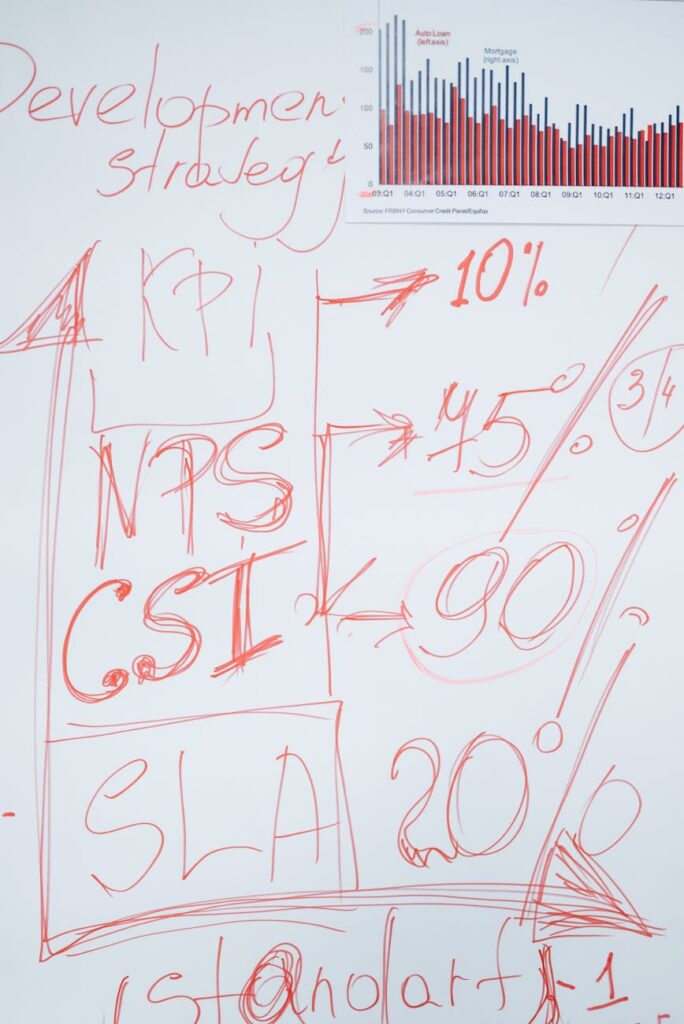What is efficiency improvement tips?

What is efficiency improvement tips?
In our fast-paced world, efficiency improvement tips can be the difference between feeling overwhelmed and achieving your goals. Whether in your personal life or at work, improving efficiency means getting more done with less effort. These tips not only help streamline tasks but also enhance overall productivity. So, let’s explore some effective strategies that can make a significant impact in our everyday lives.
Understanding Efficiency Improvement
Efficiency improvement is all about optimizing processes to save time and resources while maximizing productivity. It’s crucial in both personal and professional contexts. In our busy lives, we often juggle multiple responsibilities, making it essential to find ways to streamline our routines. By making small adjustments, we can significantly enhance our effectiveness.
The Role of Time Management
Effective time management plays a pivotal role in improving efficiency. Have you ever found yourself racing against the clock, only to discover that you were focusing on the wrong tasks? Time management helps prioritize activities, ensuring that we tackle the most important ones first. For example, instead of spending hours on a low-impact project, effective time management encourages a focus on high-impact tasks that drive results.
Identifying Key Areas for Improvement
To truly enhance efficiency, it’s essential to identify key areas where improvements can be made. Consider your daily routines and workflows. Ask yourself: Are there tasks that seem to take too long? Are there repetitive actions that could be streamlined? Recognizing these areas allows you to target specific changes that can lead to significant time savings.
Practical Efficiency Improvement Tips
Now that we understand the concept of efficiency improvement, let’s dive into some actionable tips that can easily be integrated into your daily routine.
Setting SMART Goals
One effective way to enhance efficiency is by setting SMART goals—Specific, Measurable, Achievable, Relevant, and Time-bound. For instance, instead of saying, “I want to be more productive,” you could set a goal like, “I will complete three key tasks by 3 PM each day.” This clarity helps focus efforts and track progress over time.
Prioritizing Tasks with the Eisenhower Matrix
The Eisenhower Matrix is a handy tool for prioritizing tasks based on urgency and importance. It divides tasks into four quadrants:
- Urgent and Important: Do these tasks immediately.
- Important, but Not Urgent: Schedule these tasks for later.
- Urgent, but Not Important: Delegate these tasks if possible.
- Not Urgent and Not Important: Eliminate or minimize these tasks.
Using this matrix helps ensure that your time is spent on what truly matters, reducing stress and increasing effectiveness.
Embracing Automation and Tools
In our tech-savvy world, there’s an abundance of tools available to automate mundane tasks. From scheduling software to project management apps, leveraging technology can save time and reduce manual effort. For instance, using a tool like Trello for project tracking can keep your tasks organized and visually manageable.

Photo by Pavel Danilyuk
Cultivating Effective Habits for Long-term Efficiency
Developing habits that support ongoing efficiency is vital for sustained success. It’s not just about quick fixes; it’s about cultivating a lifestyle that prioritizes effective practices.
The Power of Consistency
Consistency is key when it comes to maintaining productivity. Establishing daily routines can create a sense of stability and help manage time effectively. For example, dedicating the first hour of each day to focused work without distractions sets a productive tone for the rest of the day. Over time, these consistent actions lead to better efficiency.
Regular Review and Adjustment
Efficiency isn’t a one-time achievement; it requires regular review and adjustment. Set aside time each week to reflect on what’s working and what isn’t. Are there tasks that still take longer than expected? Are there new tools that could help? By continuously assessing your strategies, you can fine-tune your approaches and further enhance efficiency.
Conclusion
In conclusion, applying efficiency improvement tips can lead to a more productive and fulfilling life. By understanding the importance of time management, setting SMART goals, prioritizing tasks, embracing automation, and cultivating effective habits, you can make substantial improvements in your daily routines. So why wait? Start implementing these strategies today and experience the positive changes they can bring to your life. Remember, every small step counts toward achieving greater efficiency! For more in-depth strategies, you might find useful insights at BambooHR or Indeed.